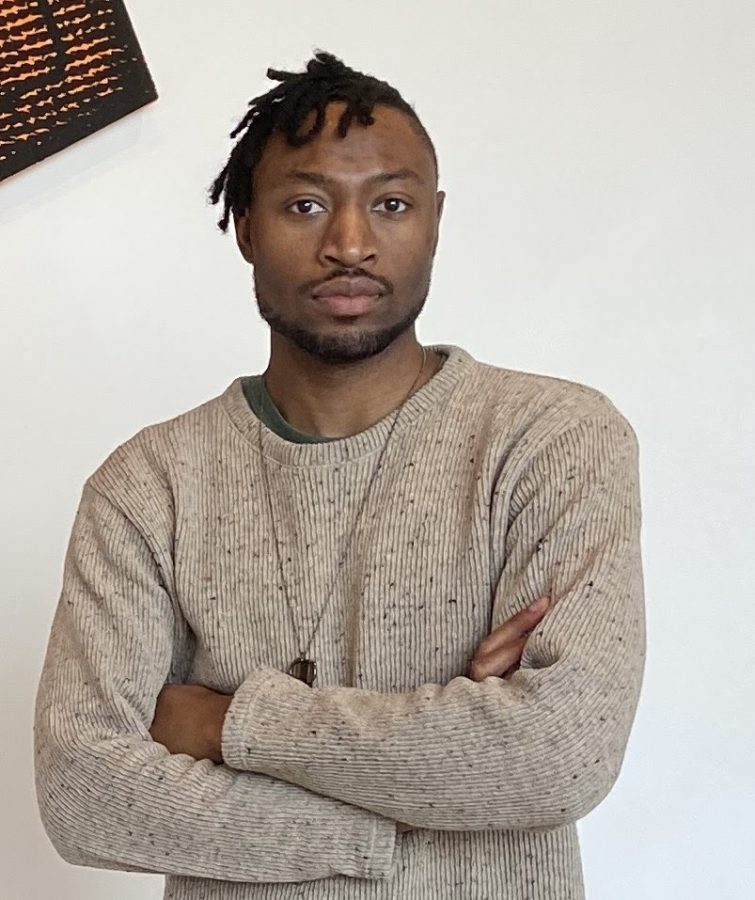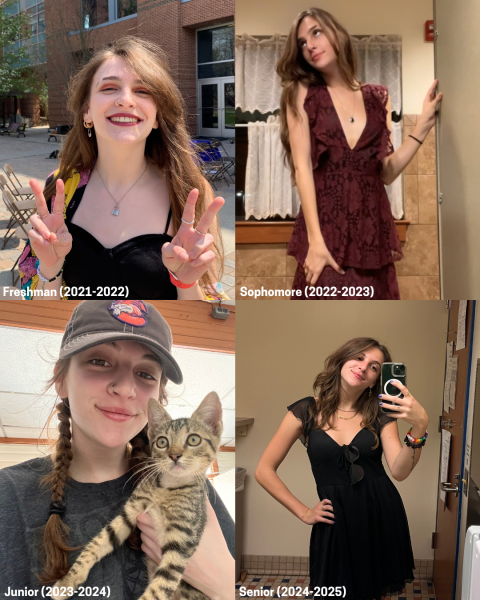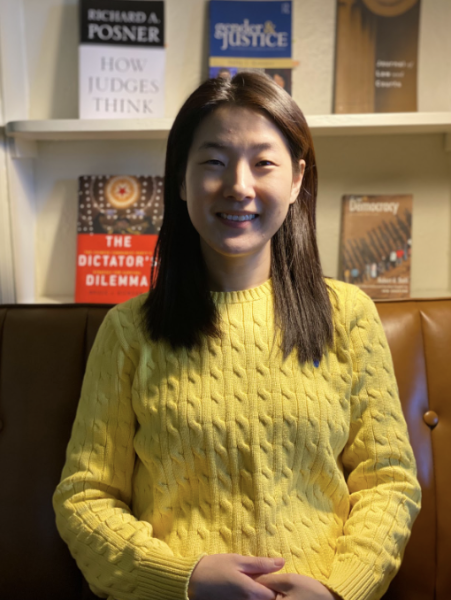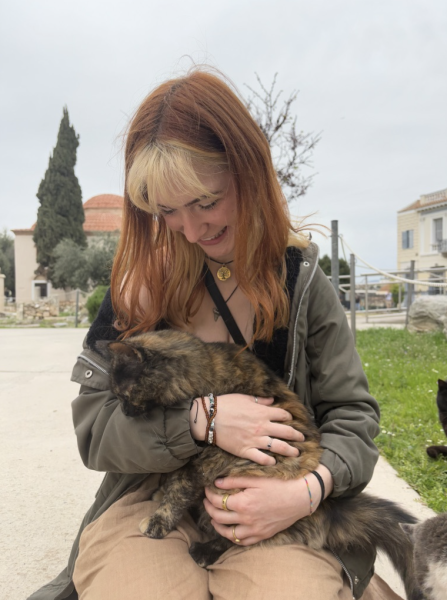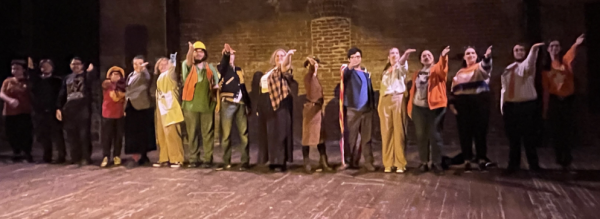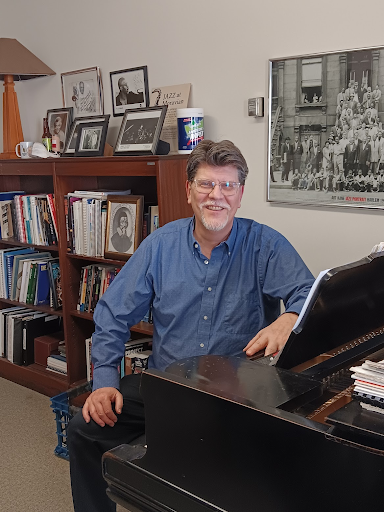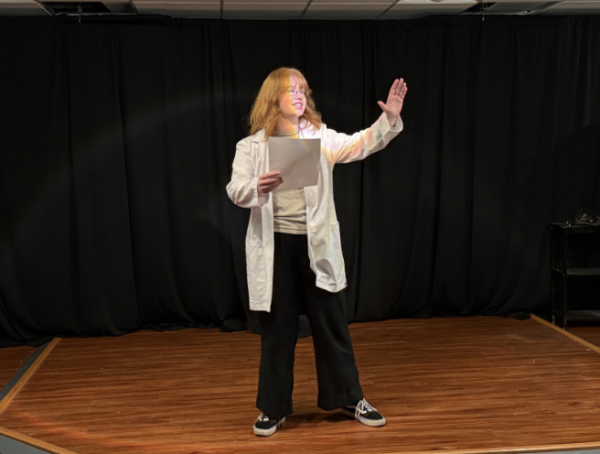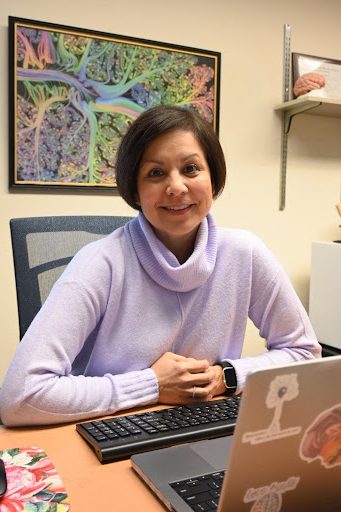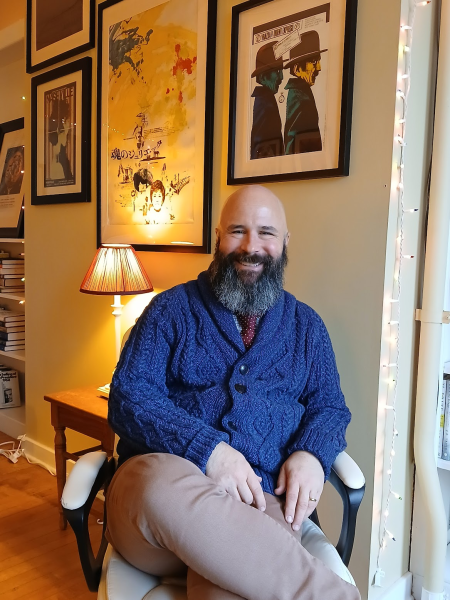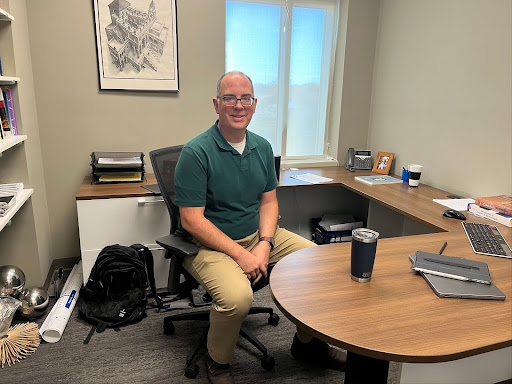Professor Spotlight: Dr. Robert LaRue
Robert LaRue is an assistant professor of English at Moravian College. He received his B.A., M.A., and Ph.D. from the University of Texas at Arlington. He teaches courses in contemporary multi-ethnic queer culture, sexuality studies, and global literatures – with a particular interest in global African experiences. His courses seek to inspire reconsiderations of those things that have become so commonplace that they escape recognition. At the core of his teaching philosophy, which is guided by his research interests, rests a deep investment in questions of difference.
What inspired you to go into your field of study?
Actually, it was sitting in a class. I had to take an English class for an elective as an undergraduate student, and the discussion-based course was much different from my major at the time. I really enjoyed that approach and the ability to explore questions and to think about the texts and materials in a way that was open and free. That was one of the things I found really attractive about the field.
What research are you currently working on?
Right now, I’m putting together a presentation for a conference tomorrow (March 17th) on masculinity in Jordan Peele’s work. It’s part of a larger research project that’s looking at masculinity in horror films. Right now, I’m looking at Jordan Peele’s works “Get Out” and “Keanu” to see how he uses masculinity, particularly Black masculinity, in those films.
What do you think is the most recent important development in your field of study?
That’s a good and difficult question! I think that the most important discovery right now is the importance of people recognizing and understanding the value in works that have not been given enough attention outside of the canon. If it’s in film, recognizing the value of international film in places like Uganda, Kenya, or Korea in light of mainstream Hollywood films. In literature, looking at queer literature, and queer literature of color particularly, like Bryan Washington’s “Lot” and Carmen Machado’s “Her Body and Other Parties.” So, recognizing the importance of these often underrepresented voices in the stories they tell.
What job would you have if you couldn’t be a professor, regardless of salary and job outcome? Why?
That’s interesting! Do I have to work? If I have to work, I think that ideally, I would like to be able to explore and do other things. I would probably say an architect.
What do you know now that you wished you knew when you were in college?
That there are ways to explore the world even if it seems financially or otherwise impossible at the moment. Take that chance and get out.
What is your biggest student pet peeve?
Pretending that you know the answer to questions when you know you don’t. I prefer the student to just say they haven’t done readings or they don’t know rather than trying to make up an answer.
What was the last streaming show that you binge-watched or the last good book that you read?
I just finished the second season of “Pose,” and I also watched “Tiny Pretty Things.” That was quite a show! Both of them are on Netflix. “Tiny Pretty Things” was released a few months ago. It’s about a ballet school, so it’s like Gossip Girls meets ballet meets a murder mystery of sorts. It’s quite a ride.
What is something interesting about you that most people don’t know?
I don’t know what people actually do know about me. I started college as an architect major.
What animal do you feel you identify with? Why?
I would say that I identify most with the penguin because they are giving and loyal. Plus, I appreciate how quirky they can be.
What has been your favorite course to teach during your career as a professor? Why?
There are two. One is the first iteration of my Queer Minorities course. It was definitely one of my favorite classes of all time, mostly because of how I saw students opening up in the class.
It’s one of those classes that pulls people in who aren’t really sure what the material or topic is, and so seeing that initial surprise and then having conversations at the end of the semester where students said, “I’m really glad I took this class because I didn’t know a lot about the field and the subject, but I also now feel like I have tools to help me have conversations with people.”
One student said that if their kid comes up to them and says they have these feelings, they now have an idea of how they can respond to them. I think that was really meaningful.
The second one, which I haven’t taught often, is the Intro to Queer Theory. I’m hoping to teach it again next Spring. I love teaching theory, especially the queer theory, and that’s just kind of a really fun class for me.


